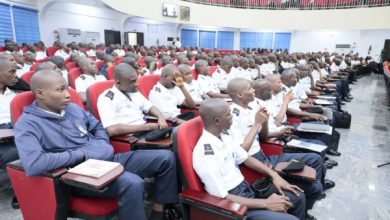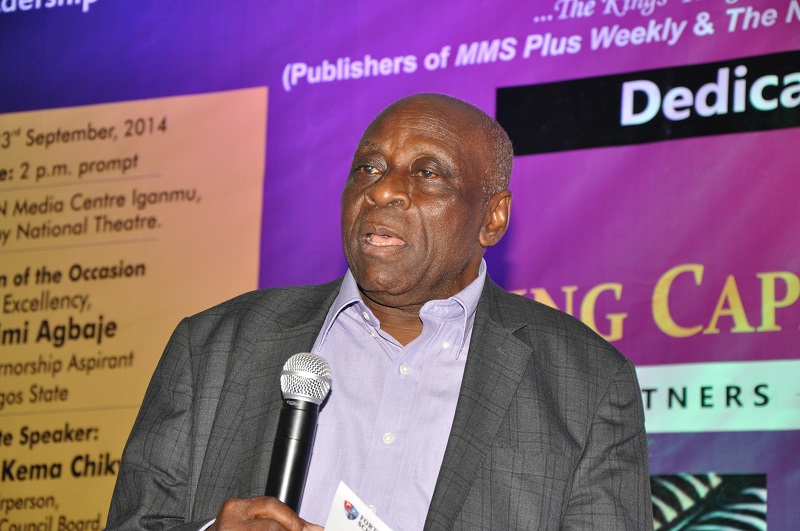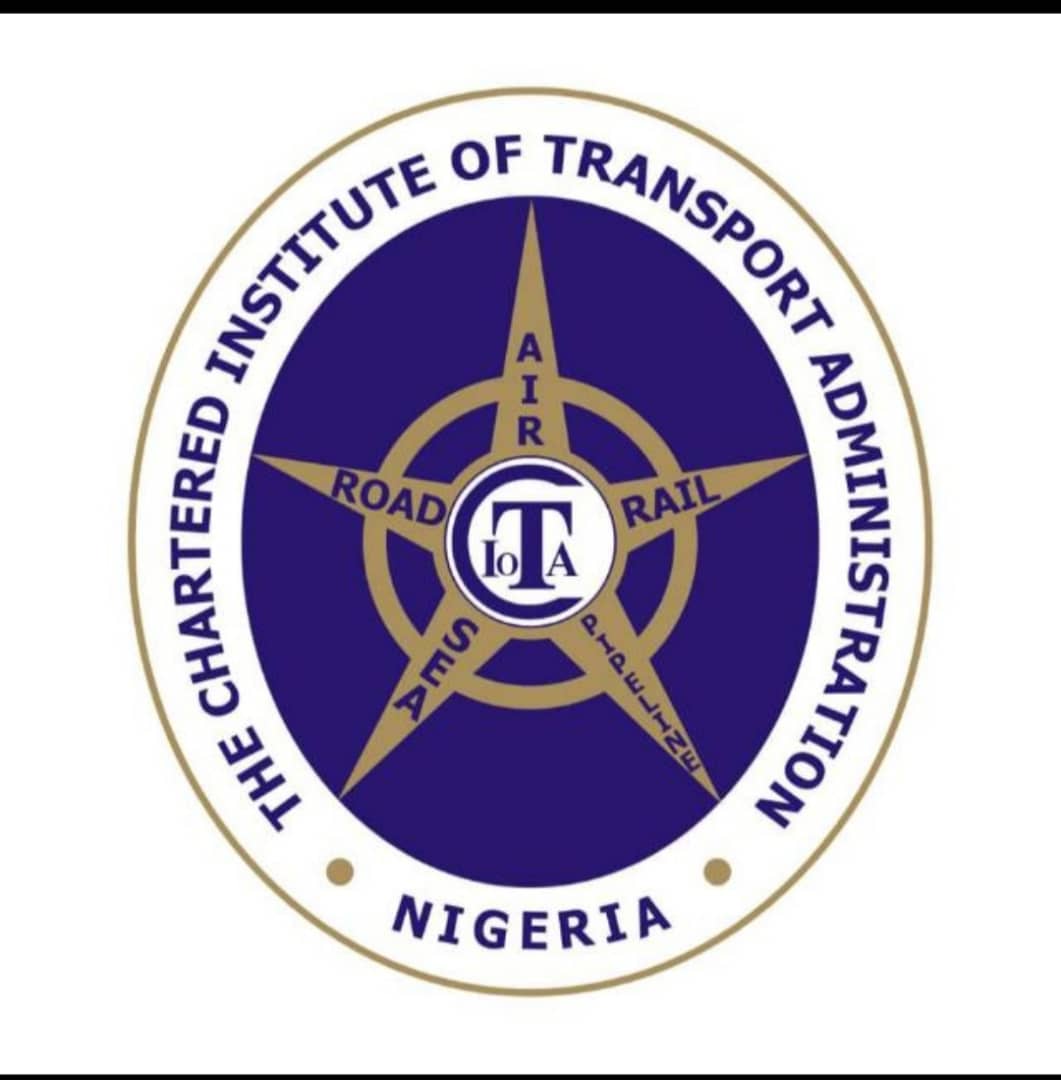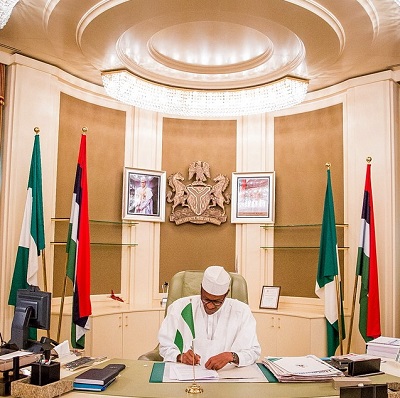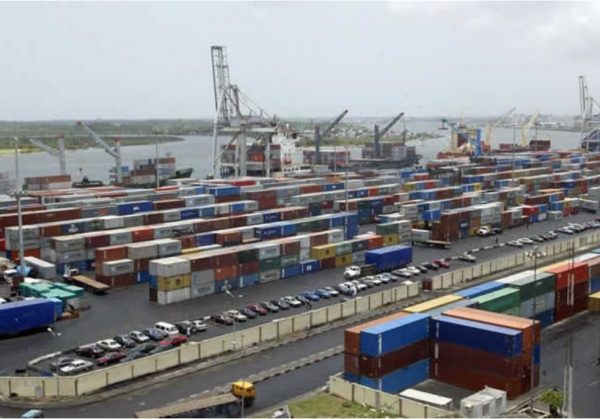CILT Urges Transport Stakeholders To Reconsider NTC Bill
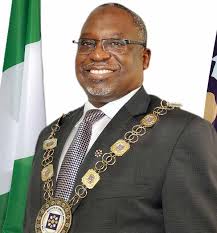
By Kenneth Jukpor
One year after President Mohammadu Buhari declined assent to the National Transport Commission (NTC) bill, the Chartered Institute of Logistics and Transport (CILT) Nigeria has admonished transport experts to reconsider the bill.
The President of CILT Nigeria, Mr. Ibrahim Jibril made this call during an interview with MaritimeTVNews at the weekend, noting that NTC could address the challenges of pricing and dearth of professionalism across various transport modes in the country.
“NTC bill doesn’t address the issues in the maritime industry or port sector alone. The port is just one of the items the NTC should address. I would suggest that stakeholders look at that bill again, particularly to regulate key aspects in the transport sector,” he said.
According to him, if all efforts to establish NTC fail, the transport industry must develop a way to control the multiplicity of prices and other regulatory issues across the transport sector.
Recall that one of President Buhari’s reasons for declining assent was that the NTC bill under Part XXI Section 110 (1) & (2) seeks to take away the authority of the Minister of Works as conferred by the Federal Highways Act in the management, direction and control of Federal Highways in Nigeria.
Buhari also noted that the broad regulatory ambit of the proposed NTC over the operation and management of the vast Nigeria transport sector conflicts with areas of regulatory oversight of the recently established Federal Competition and Consumer Protection Commission.
Meanwhile, the CILT President, Jibril also urged the Federal Government to encourage private sector participation in the rail system in a bid to spur efficiency in the sector.
The Institute lamented that the current monopoly which sees the government and its regulatory agency, Nigerian Railway Corporation (NRC) as the only players in the sector would mitigate against the growth of the transport mode.
His words: “I think the government is doing a commendable development in the rail system, I want to see an inclusion of the private sector. There seems to be a monopoly in the system at the moment because we only have the NRC and the federal government in it. Private sector participation would lead to a more efficient rail transportation system in Nigeria.”
He, however, stressed the need to achieve intermodal transportation in the country, noting that an integration of other modes will be the best thing to happen to Nigeria.
“The nation must have a plan to achieve intermodal transport. This plan can be drawn out from our national transport master plan. This master plan should come from the National Transport policy. Unfortunately, we don’t have this policy in the public domain at the moment, even though I’m aware that there is a policy draft. The draft has been on ground for a while, but the government has to come up with that policy. The policy would show the plans of transport development in the country and it gives room for intermodal transportation,” he said.
Noting that piracy was one of the major problems at the nation’s ports, he commended Nigerian Maritime Administration and Safety Agency (NIMASA) for the Deep Blue Project and the Anti-piracy law.
He equally appreciated Nigerian Ports Authority (NPA) for the Vessel Tracking system introduced to give port domain awareness of vessels coming in to berth at the nation’s ports.
He posited that these facilities give room for better planning and good planning assures more efficiency and quick turnaround time for vessels as cargoes will be handled and discharged quickly.



